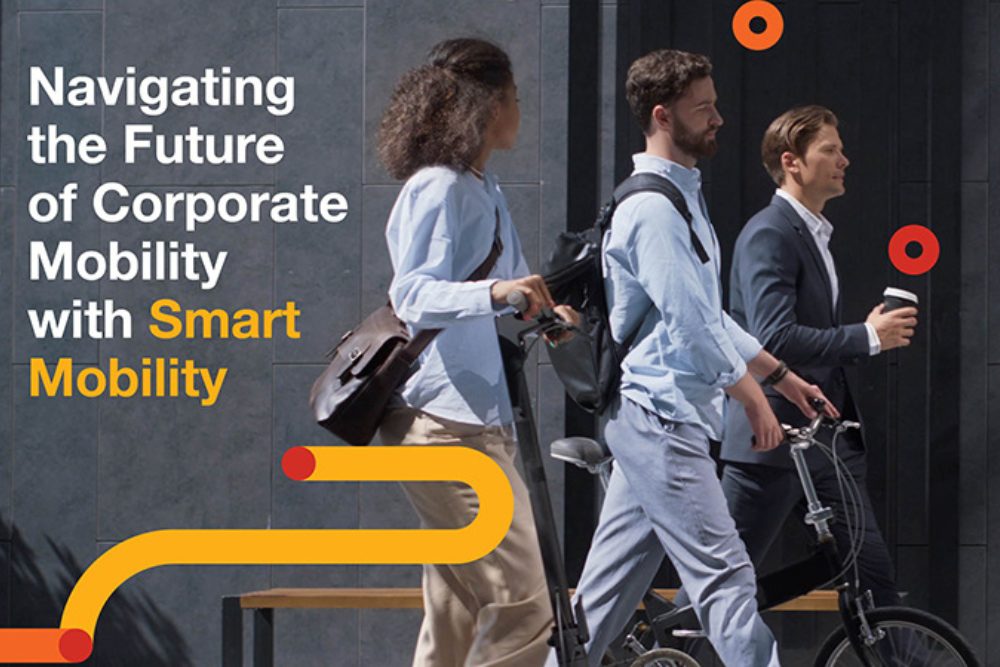
Author: Sandra Witzel, SkedGo CMO & Board Director
Mobility-as-a-Service (MaaS) has constantly evolved over the years, having set out to solve some of the biggest challenges faced in transport, particularly from a socio-economic and environmental standpoint. During that time, we’ve seen the business-to-consumer (B2C) model emerge, helping to give MaaS a public platform and supporting efforts to understand its role in the lives of end users and the potential for its broader remit.
As a result, there have been many great insights and learnings along the way, providing an understanding of both the capabilities and shortcomings of MaaS. However, today we’re seeing a shift away from the traditional B2C model. In this article, we’ll explore why this is the case, what the future looks like and how SkedGo has adapted its own technology so businesses and governments can more easily adopt journey planning solutions either standalone or as part of broader applications. […]
Putting MaaS on the map
MaaS set out with the aim of bringing together an increasingly multi-modal transport ecosystem, encouraging more sustainable mobility choices and offering increased accessibility to all transport users. […]
What is the future for MaaS?
This isn’t to say MaaS is dead, far from it; more that it’s entering a new phase of life. David Hensher and Sampo Heitanen discuss the need to rethink MaaS and suggest a shift towards integrating transport services within ‘a wider activity-focussed product mix driven by the private sector that is also financially sustainable’. Equally, others are seeing the shift towards mobility as a public service as well as B2B. I think these are all viable routes. […]
Full article at this link.



